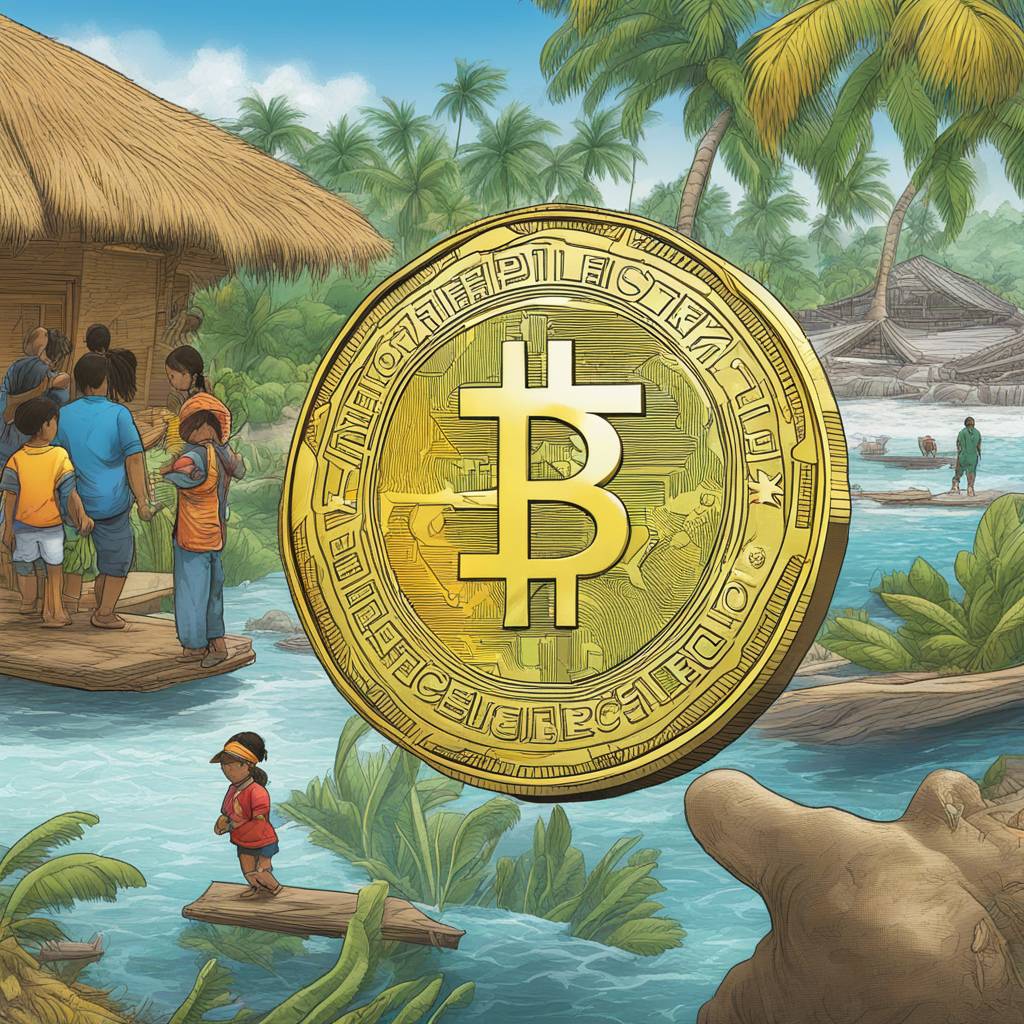The International Monetary Fund has highlighted the potential benefits of digital money for Pacific Island nations. A report published by the IMF’s senior economic experts discussed how digital money, including central bank digital currencies (CBDCs) and private stablecoins, could improve financial inclusion and enhance the quality of financial services in these remote and dispersed countries. Limited and unequal access to financial services, reliance on remittance flows, and vulnerability to diminishing correspondent banking relationships are some of the challenges faced by these nations. Embracing the digital money revolution could unlock economic growth and stability for the Pacific Island nations.
The IMF recommends a careful and slow introduction of digital currencies for Pacific Island countries, considering their common challenges and widely varying conditions. While the IMF advocates for CBDCs, it also acknowledges the potential of private stablecoins backed by foreign currencies. The report advises against smaller Pacific Island countries issuing their own stablecoins due to limited oversight capacities. Instead, a two-tier CBDC model is suggested for countries with existing national currencies and mature banking systems, with the central bank issuing the digital currency but delegating its operation to private intermediaries. For countries without their own currencies, foreign currency-based stablecoins could be a viable alternative with stringent regulation and supervision in place.
Currently, none of the Pacific Island countries officially use private cryptocurrencies or stablecoins, with only a few, such as Fiji, Palau, Solomon Islands, and Vanuatu, exploring the concept of CBDCs. The IMF continues to advocate for CBDCs globally, highlighting their potential to replace cash, coexist with private money, and serve as a safe and cost-effective alternative. Around 130 countries, representing 98% of global GDP, are currently exploring CBDCs, with 19 G20 countries in advanced stages of development. Eleven countries have fully launched a CBDC, including China, The Bahamas, Nigeria, Anguilla, Jamaica, and seven Eastern Caribbean countries. However, the United States has no confirmed plans to launch a digital currency, with some lawmakers opposing the idea due to privacy concerns.
Despite the global push for CBDCs, the United States has not announced plans to launch a digital currency. However, progress is being made on a wholesale CBDC for bank-to-bank transactions. Lawmakers in the US, such as Florida Governor Ron DeSantis, have staunchly opposed CBDCs, citing concerns about privacy, consumer choice, and market competitiveness. DeSantis signed a bill banning CBDCs in Florida, claiming that a central bank digital currency would violate privacy and allow for surveillance and control of Americans’ finances. The debate surrounding the implementation of CBDCs continues globally, with varying perspectives on the benefits and risks associated with digital currencies.


